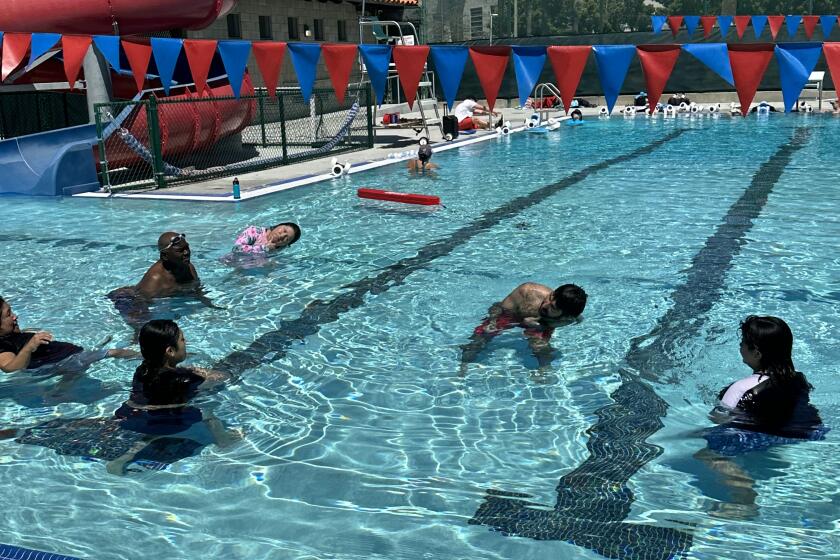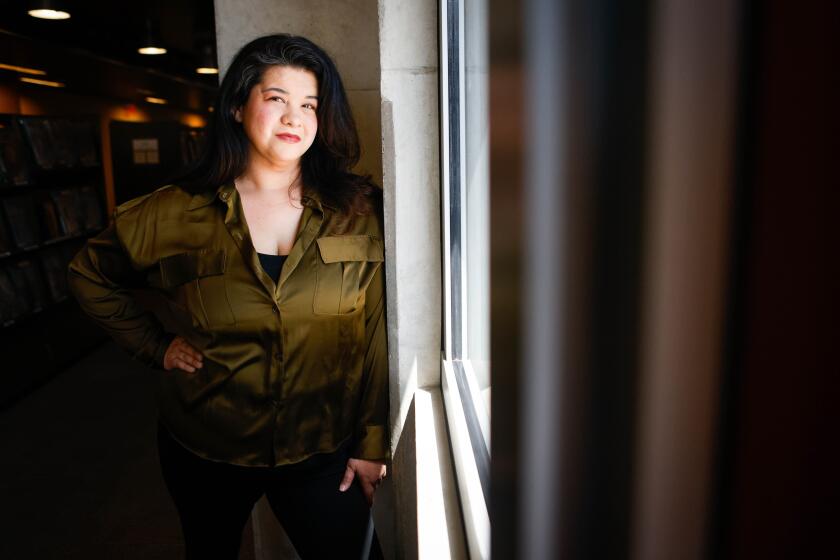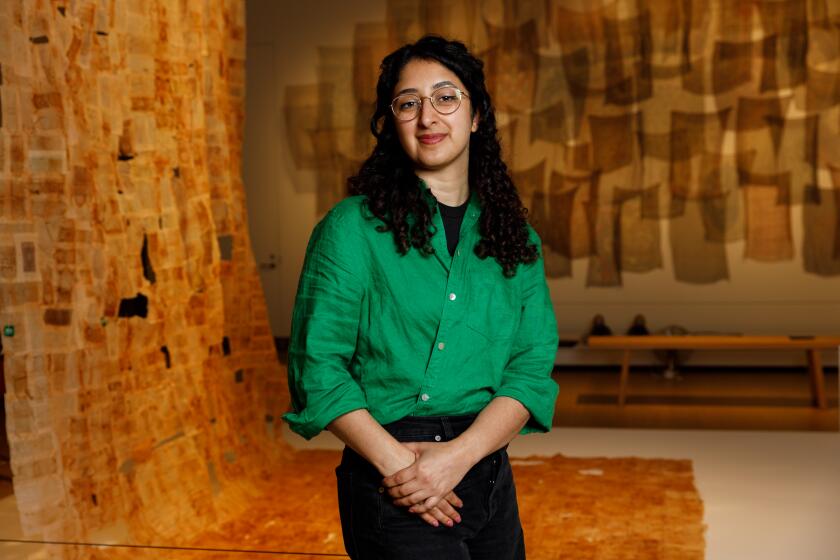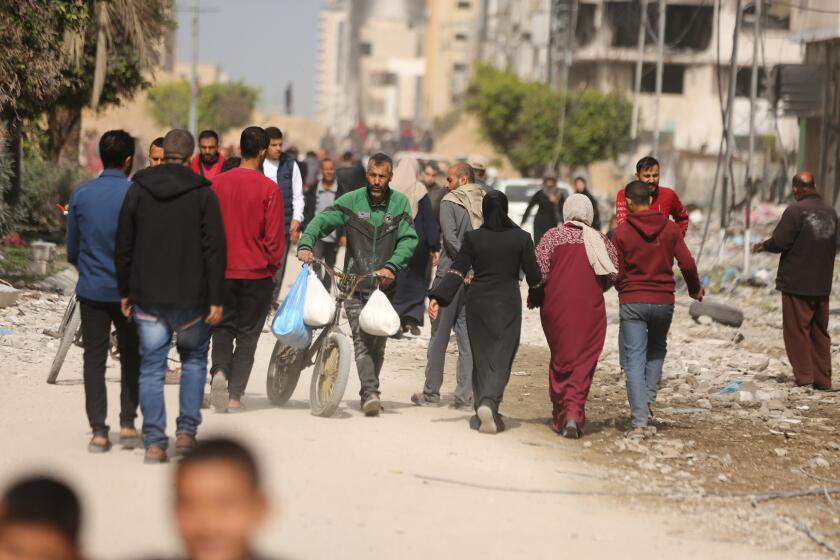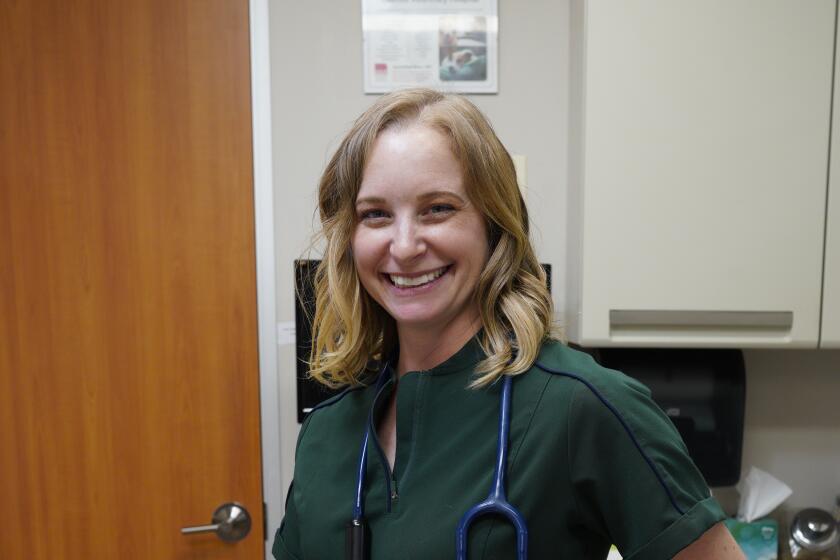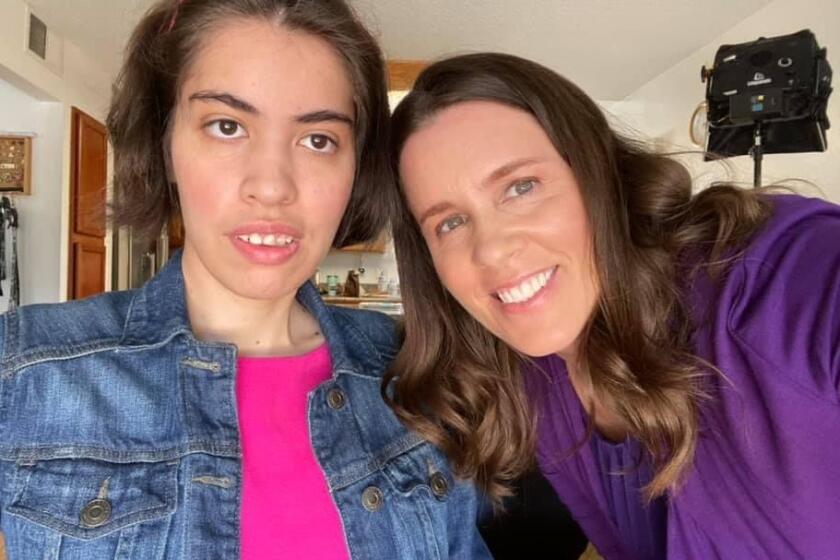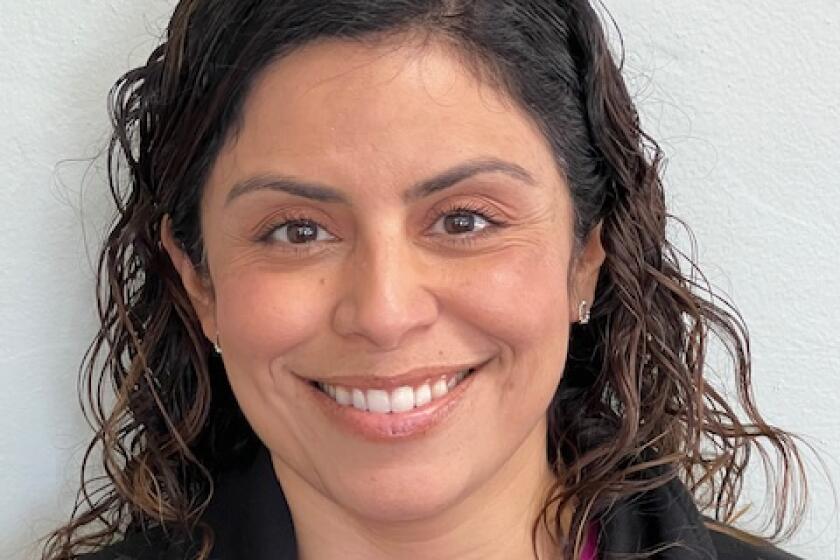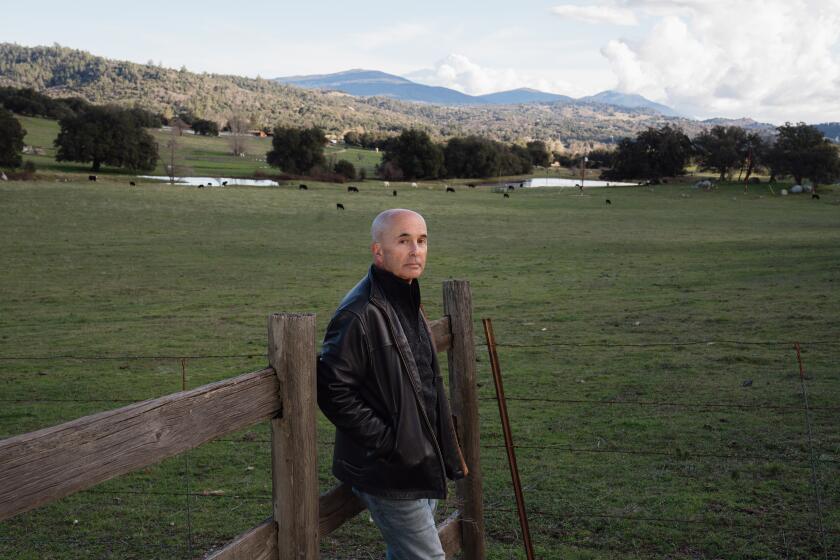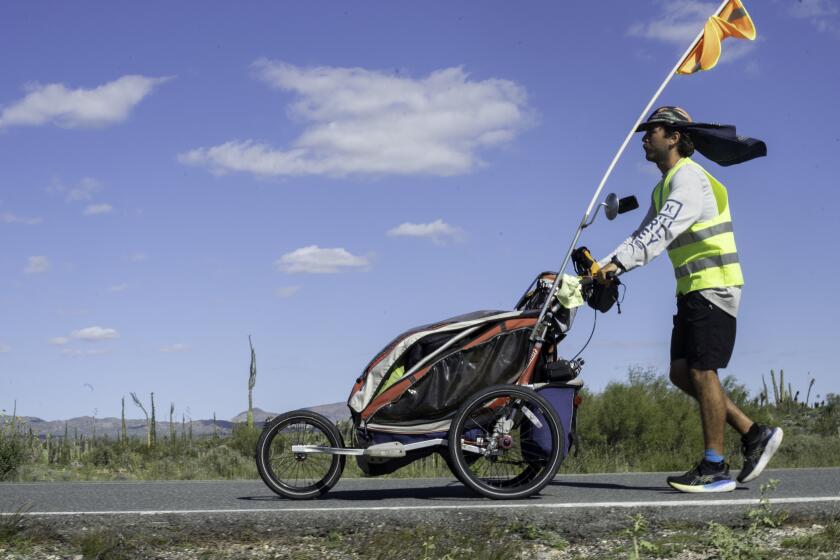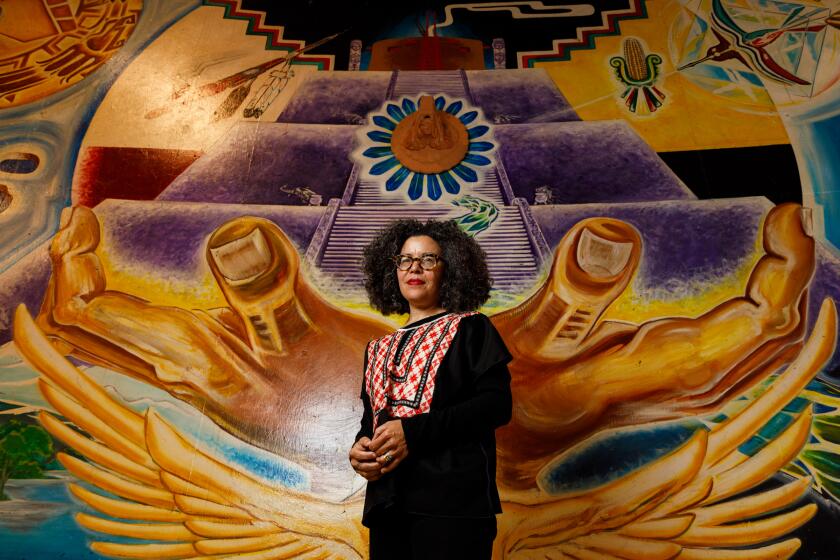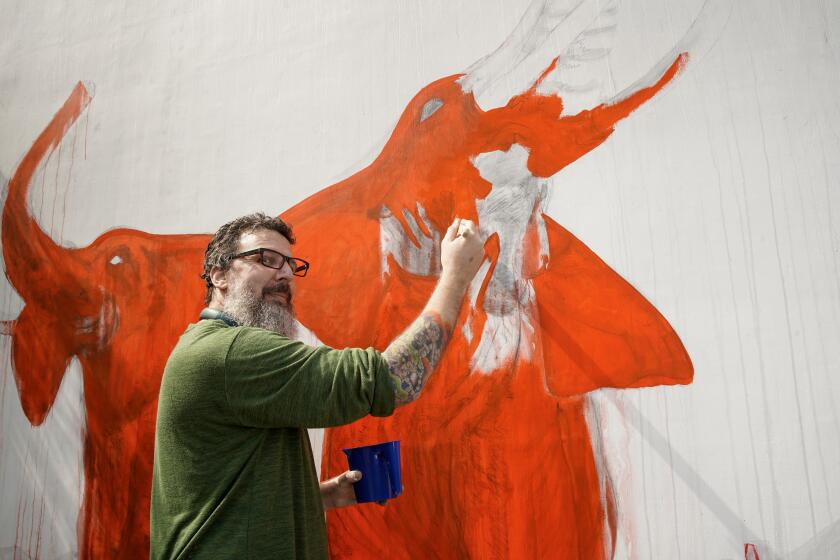Sister Cities Project fighting racism by building relationships between Black and White neighborhoods
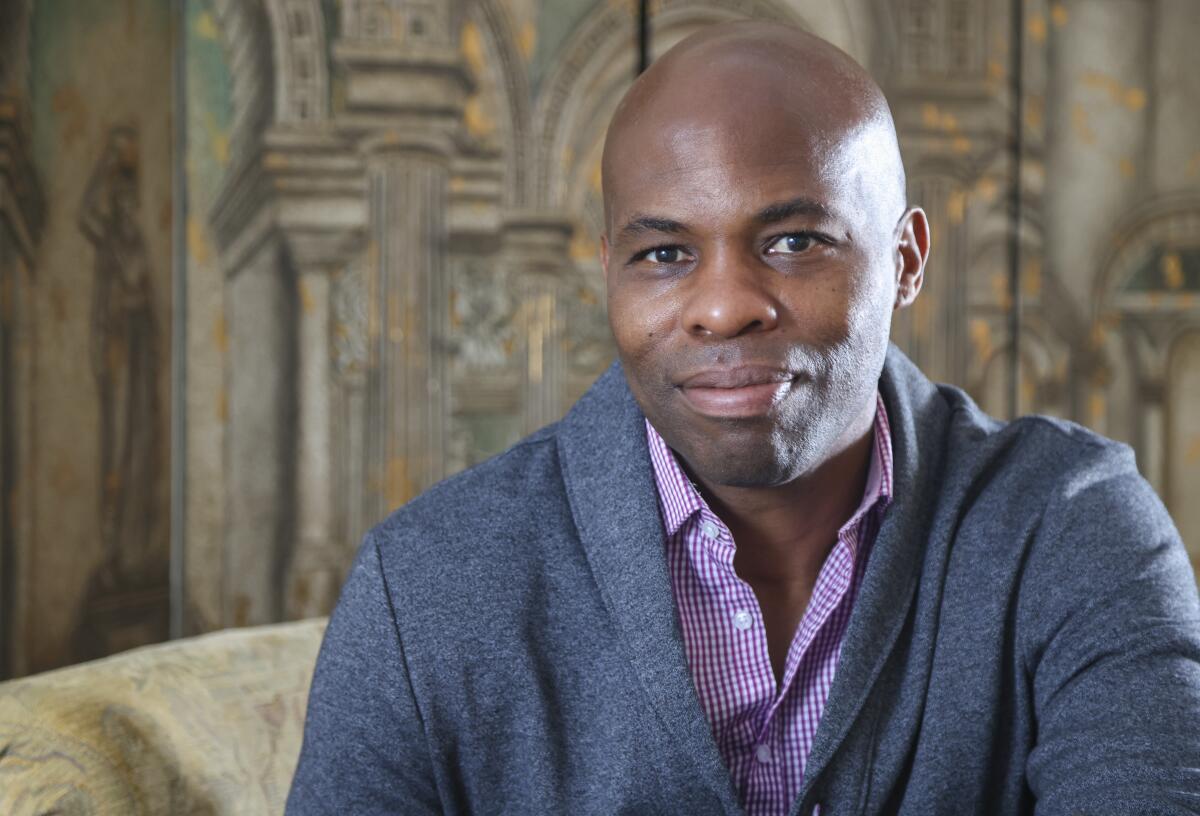
Shawn McClondon is the founder of Sister Cities Project, a San Diego organization addressing racism by building relationships between affluent White communities and underserved Black communities in order to encourage the sharing of support, resources and cultures
Shawn McClondon is the founder of Sister Cities Project, a nonprofit he founded in the wake of the killing of George Floyd last year, and the demonstrations and protests against police brutality and systemic racism that followed. Sister Cities Project seeks to address institutional racism with partnerships between affluent communities and more underserved communities, encouraging relationship building, in addition to resources and support for the communities in need.
“As I was listening to the national conversation about how to address the racial inequality in America, I noticed that most conversations centered around policy changes to address systemic racism and ending racism in general,” he says. “Although both things are very important, drawing on my experience with living in both predominantly Black areas and White (areas), it dawned on me that there was something else that was equally important: Black and White people just don’t have a great relationship. It is that simple. And I knew that we needed to start improving that relationship. Since then, the concept of Sister Cities Project began to evolve.”
Part of that evolution has included a San Diego Black Women Entrepreneurial Summit, featuring the guidance and expertise of Black female entrepreneurs in a series of panel discussions online (the third part in this four-part series will take place at noon on Jan. 20. Anyone interested in attending can register through Eventbrite.)
McClondon, 45, lives in Solana Beach and has two children, Damion and Quentin. He took some time to talk about Sister Cities Project and his goal of replicating his organization’s work across the country and internationally.
Q: The last time we spoke to you for this series, you were running Youth Campaigns, a nonprofit that worked to create a pathway toward jobs in digital marketing for low-income and underserved youth. I wasn’t able to find the website active online; what happened to Youth Campaigns?
A: I stopped actively running Youth Campaigns in 2017. The 501(c)3 designation is now being used for Sister Cities Project. We are, however, utilizing a simplified version of the Youth Campaigns model to add digital marketing support for Black-owned businesses and Black entrepreneurs in our ecosystem. The digital marketing support is part of the Sister Cities workforce development area of impact and the human capital domain of the ecosystem that we are building.
Q: Did that have anything to do with the creation of the Sister Cities Project?
A: So, I wouldn’t say that Youth Campaigns had anything to do with the creation of Sister Cities Project, other than giving me the confidence that I could start and run a successful nonprofit organization.
Q: Tell us about the Sister Cities Project.
A: Sister Cities Project was created to form formal partnerships between underserved minority communities with affluent communities, mainly between White and Black people to build a new relationship and deepen cultural understanding between them. We believe that forming these partnerships between differing communities will be the catalyst to help end racial inequality.
Q: Can you walk us through how the Sister Cities Project works?
A: The practical execution is to create programs and events that allow two communities to collaborate and share resources, in an effort to forge relationships and provide opportunities for mostly White and/or affluent communities to support Black businesses, Black youth, Black history, Black organizations and Black arts. And, although Sister Cities Project does not exclude the participation of men in our programs, we are focused on prioritizing Black women.
Our areas of impact include cultural events; business growth through mentorships, resources, tools and education; and workforce development. We currently we have two prototype partnerships between Encinitas and City Heights, and Solana Beach and southeastern San Diego. Along with the San Diego Black Women Entrepreneurs Summit, we have also had 10 successful “cultural tours.” These tours have taken residents from Solana Beach and Encinitas down to southeastern San Diego and City Heights, respectively. During these tours, we sit in an area that is significant to the community, have lunch provided by a Black-owned business, and ask for donations to provide a larger tip. We then have a guided discussion on how the two communities can support one another, which includes speakers from local businesses, organizations and elected officials.
Q: And can you talk about your decision to focus on prioritizing Black women, specifically, in the programs you create for your organization? What led you to this decision? Why is it important to you to focus on helping Black women?
A: My mom died when I was 13, never really realizing her dreams or seeing me realize mine, so I am doing this for the both of us. That’s partly why I decided that Sister Cities Project would prioritize Black women. I feel that, in honor of my mom and other Black women who struggle in this country, it is my responsibility as a Black man to do what I can to lift them up. This became very apparent while having a very impassioned conversation with one of our team leaders, Michelle Harris Price, when we were discussing her journey as an entrepreneur and it put it all into perspective. Part of what we discussed was all of the data that is out there that makes the case for making the biggest impact in communities of color by providing resources and support to the women in those communities.
Q: Earlier this month, Sister Cities hosted the second part in its San Diego Black Women Entrepreneurs Summit Series. What is this series about?
A: The No. 1 goal of the series was to provide a platform for Black women entrepreneurs here in San Diego to tell their stories and discuss the challenges they face with a new audience. The summit is also allowing us to create a network of Black women entrepreneurs and gather data that allows us to understand exactly what they feel they need to help their business succeed. Along with building the network of entrepreneurs and gathering data, the summit is also a fundraiser through sponsorships to build out an ecosystem that will support the entrepreneurs in our network.
Q: What kind of response/feedback have you received since that session?
We have gotten great feedback from everyone. It has been better than we ever expected. The most important feedback is what we have gotten from the entrepreneurs that have participated. They have been so appreciative to have a platform to tell their stories and talk about their businesses. I think many of them feel like they don’t get a lot of opportunities to do that.
Q: In the section on your organization’s website that offers some background on how you started, it says that you went to a neighborhood Facebook page and left a post: “The post read, ‘if anyone is interested in having access to a black person, wants to get to know someone who is black, wants to talk to someone who’s black, wants to have a relationship or even become friends with someone that is black, please contact me’…What I learned through these conversations was that although these individuals were well-intentioned, good-hearted people that were willing to reach out and speak with me, there were still some serious misconceptions and misunderstandings about black people.”
What’s your response to people who may argue that it isn’t the responsibility of Black people, and other marginalized groups of people, to initiate fixing oppressive systems like structural and individual racism? That, by participating in these kinds of interactions, the people with fewer resources and power are subjected to microaggressions, and the labor of fixing issues they didn’t create, nor benefit from?
A: My answer would be that I personally disagree. When I decided to engage people on this topic, I didn’t feel that it was laborious. I was excited and inspired. To me, it was just having tough, uncomfortable conversations that need to be had. I felt it was my responsibility, given the unique situation that I found myself in, being a Black man in a predominantly White community. I think it is everyone’s responsibility to help end systems of oppression because it’s simply wrong and it affects everyone. That is the exact reason I started Sister Cities Project because it all starts with understanding. Some people believe that we don’t have an oppressive system and that’s because they have no understanding of what Black people go through within the system. Some people will never understand without directly engaging the people that it affects. So, someone has to do it. I wouldn’t say it’s for everyone and I don’t blame people that do feel like it’s not the place of marginalized groups to be the initiators.
Get Essential San Diego, weekday mornings
Get top headlines from the Union-Tribune in your inbox weekday mornings, including top news, local, sports, business, entertainment and opinion.
You may occasionally receive promotional content from the San Diego Union-Tribune.

